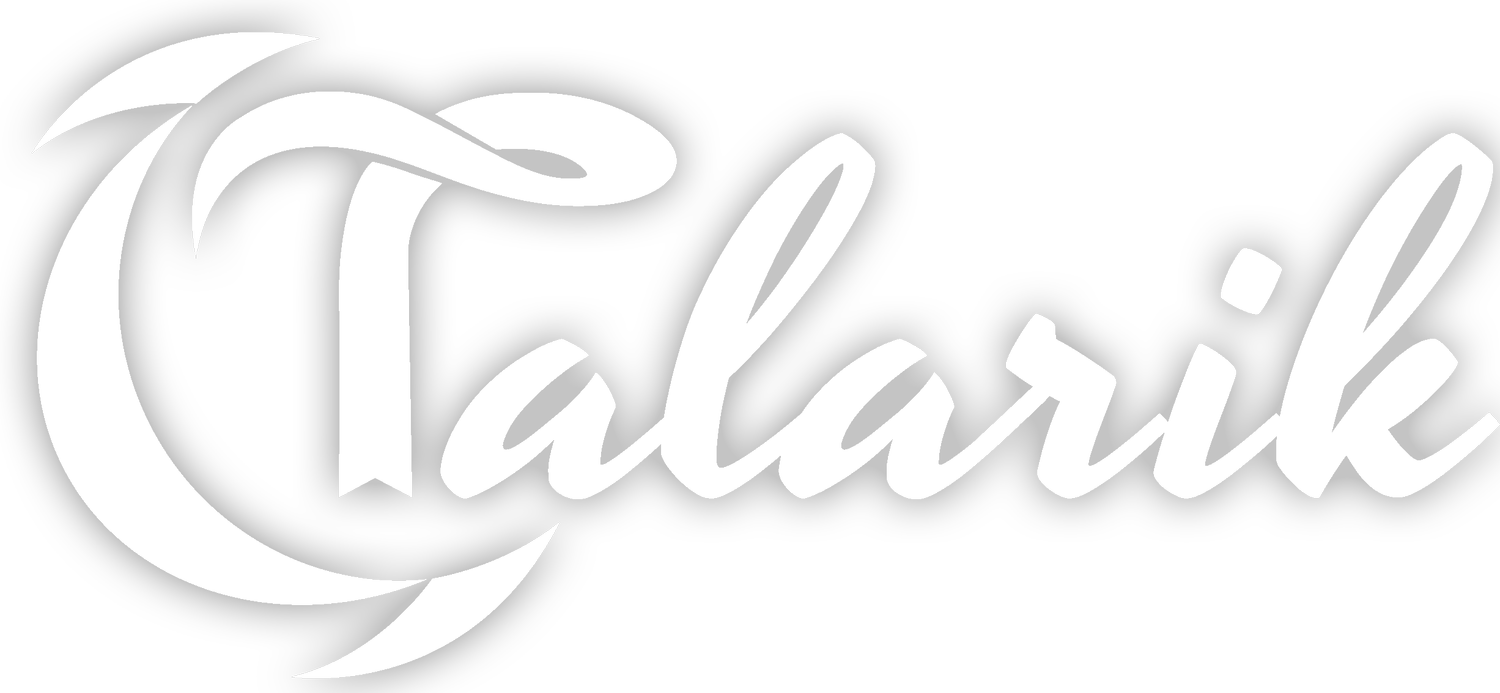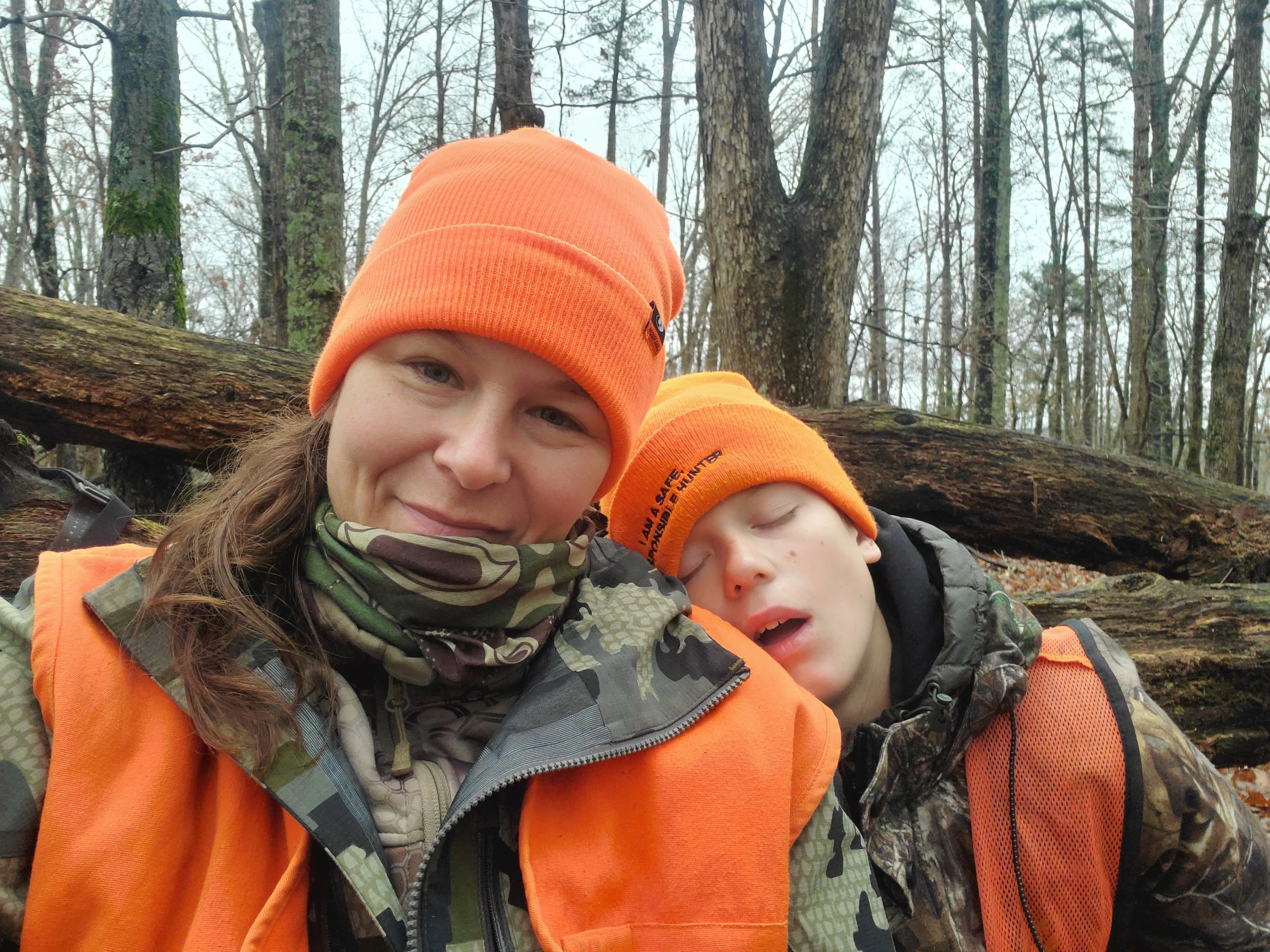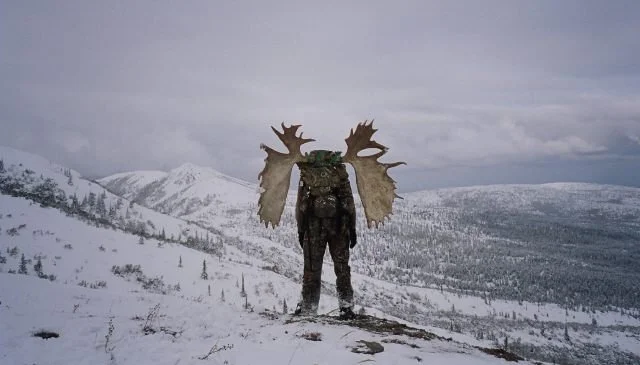To Hunt or Not to Hunt?
Look around when you’re in a restaurant, at the airport, at the local mall. It’s everywhere. We’re all zombies staring at our smart phones. Often our kids are in groups, yet they’re communicating through their devices. We’re all drawn to those little boxes that tell us the latest news, let us know who’s liked our posts or who’s in trouble.
When’s the last time your family sat around a campfire and talked about something simple, something real? When’s the last time you sat outdoors listening to the early morning birds and wildlife scurrying around? When’s the last time your kids did this? Will it be their last time?
Seek more quiet time, unplug, it’s what the experts are yelling from the mountain tops. The top executives from Apple, Microsoft and Alphabet are all sending their kids to private schools without devices.
If your kids take part in extra-curricular unplugged activities, that’s awesome, keep it up! It can get expensive, I know. There are ways to unplug and engage kids all around us, sometimes we as parents just have to get creative.
Go for a hike, leave devices in the car. Go fish for the afternoon, leave devices in the car. Go camp for the weekend, leave devices in the car or off and tucked away. Go out turkey hunting early on a Saturday morning if you’re in turkey country. Go sit in the deer blind or duck blind before or after work.
Not a hunter? That’s okay. Maybe you were raised differently, in a different environment with different ideals. I can tell you though, it’s one of the best ways to unplug and reconnect with nature. It’s natural. Hunting is not killing. Hunting is pursuing. Hunting helps us sharpen our senses. We listen. We watch. We practice patience, feel the wind on our cheeks and hone our ability to be precise. Hunting allows us to continually go outdoors and seek new adventure, in new places. Hunting allows us to set goals and push ourselves physically and mentally. Hunters are stronger because of these challenges. We learn more about wildlife when we pursue them than any course can teach.
So back to the question at hand… To Hunt or Not to Hunt? and Why Hunting is Needed for our Future.
We can tackle this from so many different angles.
While living a consumptive-use life, being fortunate to have lived outdoors surrounded by vast areas of natural and abundant wildlife habitat and being professionally trained in wildlife biology, both our founders have come to the following conclusions.
Hunting and trapping are integral wildlife management tools to any successful wildlife management program.
Well-intentioned hunting and trapping are necessary for sustainability and ecosystem health.
Being able to provide for our families through hunting, trapping and fishing is part of who we are as human beings.
Over the years, many have weighed into this issue. Some lean heavily on a single rationale because that’s how they were raised, how they were brought up. It’s important though to recognize that we all come from different places, from different backgrounds. We have different perspectives. We have different needs.
In the end, this diversity is where our strength lies. Whether you were raised in a small cabin off the Yukon River, feeding your family dog team with chum salmon, or the Appalachian’s where the deer stand represents your deepest connection to nature, we all need to come together for the greater good if hunting and trapping are to continue into the future. It is up to us to explain why hunting, trapping and fishing play such a big role in the maintenance of these wild, healthy and abundant populations.
Now that we have had a chance to talk about some of the benefits of getting outdoors hunting, trapping and fishing with the family, let’s talk conservation. If you have never heard of the North American Model of Wildlife Conservation, this is as good a time as any.
First developed in the late 19th century, this model recognized the powerhouse opportunity for hunters, anglers and recreational shooters to give back, to support the resources they rely on.
Enter the North American Model of Wildlife Conservation. A model that set forth the idea that wildlife belongs to everyone. If you use it, you should pay for it.
As interest grew in this concept, critical laws were passed including the Migratory Bird Treaty Act of 1918, the Migratory Bird Hunting and Conservation Stamp Act of 1934, the Wildlife Restoration Act of 1937, and the Sport Fish Restoration Act of 1950 (now known as the Pittman-Robertson Act and Dingell-Johnson Act). Collectively, these laws laid the foundation for modern-day wildlife and fisheries management funding. The fees and excise taxes collected from consumptive users and recreational shooters goes directly to state wildlife management agencies for basic biological research and monitoring.
This federally collected funding doesn’t automatically go to the states however. Each state has to put up matching funds. These funds in large part come directly from hunting, trapping and fishing license sales and fees collected to take part in these activities. Only a very small part of state funding for wildlife conservation biological research and management comes directly from the state legislature, and an even smaller part comes from non-consumptive use fees such as park fees or general conservation stamps. Some state legislatures allocate more than others. The hunters, trappers and anglers though, they’re consistently paying into this system that benefits all of us.
There’s another way that hunters also contribute to wildlife management as well, that’s through non-governmental organizations (NGOs) and all the private funds they raise for conservation. Organizations such as the Alaska Wild Sheep Foundation and the Safari Club International-Alaska hold hugely successful annual fundraisers that bring hunters out in droves. Through incredible volunteer dedication and outreach, these NGOs convince private companies to donate thousands of dollars in goods and services for auction or raffle. They also auction or raffle coveted hunting permits or tags issued by the state. These organizations exist in every state across the country. They collectively raise millions of dollars, virtually all of it going directly into state-run wildlife management. Much of it is put up directly as state match for federal aid dollars.
So even if you don’t hunt, I hope it’s a little more clear now where the money comes from to properly monitor, assess and manage our wildlife resources. If you enjoy wildlife in any form, consider its history, the why and the how behind healthy populations.
For our families, we’ll continue to get outdoors seeking new consumptive-use activities for as long as we’re physically able. If we’re blessed to come home with fresh, healthy, non-GMO wild game then fantastic! If not, then we still had an amazing outdoor experience, refreshed our souls, our minds and our bodies. We’ll continue to pay dues to outdoor conservation groups, buy raffle tickets and volunteer. Hunting is an amazing opportunity to fill the freezer, pay for quality wildlife management, build physical and mental strength and resiliency, see nature’s glory and just to take a break and breathe some fresh air.
Find your path. Hunt with your kids and your parents, family and friends. You will not regret it.









